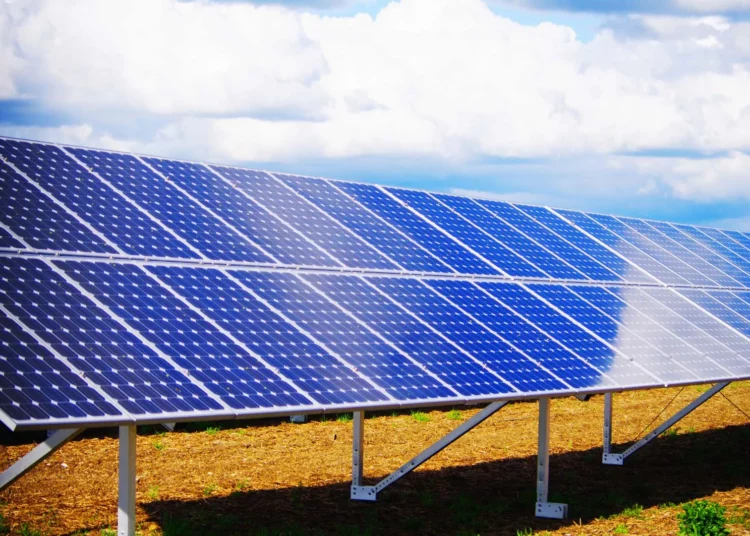Telecommunication companies have increased their reliance on renewable energy sources as the soaring cost of diesel, which reached N56.24 billion in monthly expenses, continues to strain operators.
The Association of Licensed Telecommunications Operators of Nigeria (ALTON) reports that diesel accounts for 35 percent of telecom operating expenses.
Due to the unreliable electricity supply in Africa’s most populous nation, the industry heavily relies on off-grid power from generators.
According to industry estimates, telecom operators use an average of 40 million litres of diesel per month to power their sites. The price of diesel surged to N1,406.05 per litre in August 2024, representing a 64.58 percent increase from N854.32 per litre in August 2023, according to the National Bureau of Statistics (NBS).
This implies that the cost of powering Nigeria’s communication infrastructure increased from N34.17 billion in August 2023 to N56.24 billion in August 2024.
As of the end of 2022, the Nigerian Communications Commission (NCC) stated there were 34,862 towers and 127,294 base stations in the country. Industry sources indicate that each base station has two generators. The telecoms industry spent N2.09 trillion on operational costs in 2022, based on the latest data from the NCC.
President of ALTON Gbenga Adebayo confirmed the current diesel consumption, stating, “It will be over that now.”
Harmanpreet Dhillon, Airtel Nigeria’s chief technical officer, revealed that the telco spent N28 billion on diesel in May 2024.
During a media roundtable, Dhillon mentioned that the company is exploring hybrid solutions—lithium batteries and solar—to lower its energy bill.
McKinsey recently noted that companies could save up to 30% on energy costs by adopting renewable energy solutions and other technologies.
“The biggest constraint in the telecom industry is high energy costs. If the government had continued to fulfil its part of the bargain made in the early 2000s to provide 18 hours of electricity, the heavy logistics and capital we spend today on powering sites would not be necessary,” Adebayo said, adding that these energy challenges threaten the sector’s sustainability.
In its 2023 audited results, MTN Nigeria Communications Plc highlighted how “the combined effects of naira devaluation, higher inflation, and rising energy costs” led to increased operating expenses.












